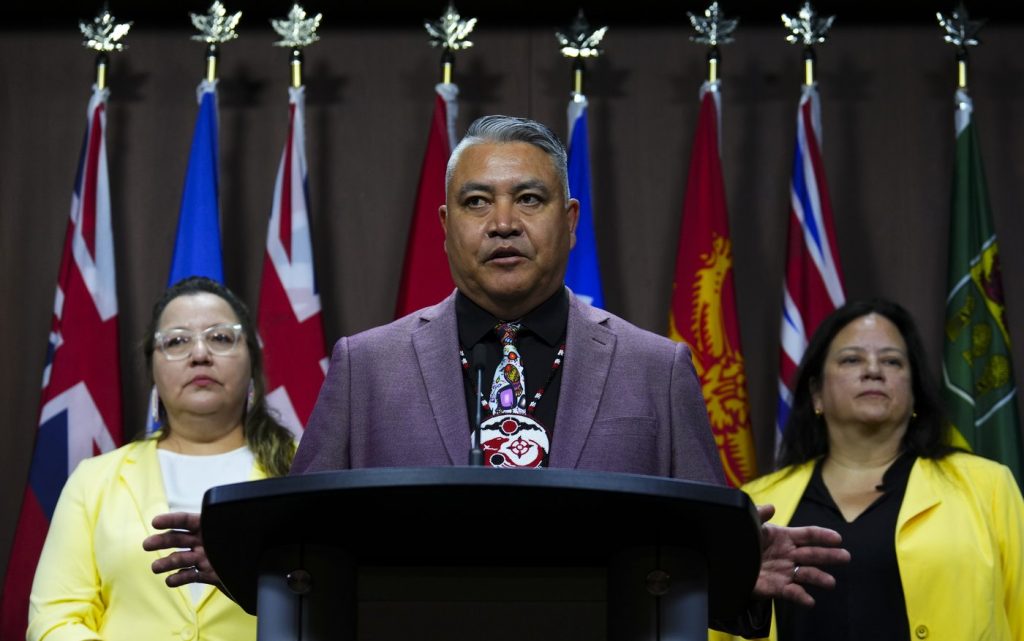OTTAWA — Terry Teegee, the regional chief for British Columbia, has raised significant concerns regarding government initiatives aimed at expediting major projects, suggesting that these efforts may lead to increased delays due to potential legal challenges. Teegee's remarks come in the wake of federal and provincial legislation designed to fast-track infrastructure and development projects across Canada.
Last week, the federal government introduced legislation known as Bill C-5, which comprises two main components: one focused on dismantling internal trade barriers and the other intended to streamline the approval process for major projects. The legislation outlines five criteria intended to assess whether a project serves the "national interest." These criteria encompass several factors, including the project's likelihood of success, its potential to elevate Canada's resiliency, its alignment with the interests of Indigenous peoples, and its capacity to contribute to economic growth in an environmentally responsible manner.
Terry Teegee has emphasized that the absence of mechanisms for obtaining free, prior, and informed consent from First Nations is a breach of the United Nations Declaration on the Rights of Indigenous Peoples. He believes that this omission could result in conflicts and legal disputes that might ultimately hinder project timelines. Teegee insists that Indigenous communities must be actively involved in decision-making processes related to these projects to prevent future clashes and ensure equitable outcomes.
The tension between governmental ambitions to expedite development and the rights of Indigenous peoples underscores a broader issue in Canadian politics. The current framework surrounding major projects often fails to adequately consider or integrate Indigenous perspectives, which can lead to disputes and delays as affected communities resort to the legal system to voice their concerns and protect their rights.
Moreover, the criteria set forth in Bill C-5 may not fully address the complex socio-economic and environmental implications of large-scale projects. Critics argue that while the intention to foster economic growth and support Indigenous interests is present, without genuine consultation and collaboration with Indigenous communities, the likelihood of project success is diminished. This situation further complicates the relationship between the government and First Nations, potentially leading to more drawn-out negotiations, protests, and court cases.
In conclusion, Terry Teegee's remarks highlight the crucial need for the government to rethink its approach to project approvals and Indigenous relations. As legislative efforts continue to evolve, it is increasingly evident that the path to sustainable and equitable development must include the voices and rights of Indigenous peoples, ensuring that their perspectives are respected and integrated into the decision-making process.











